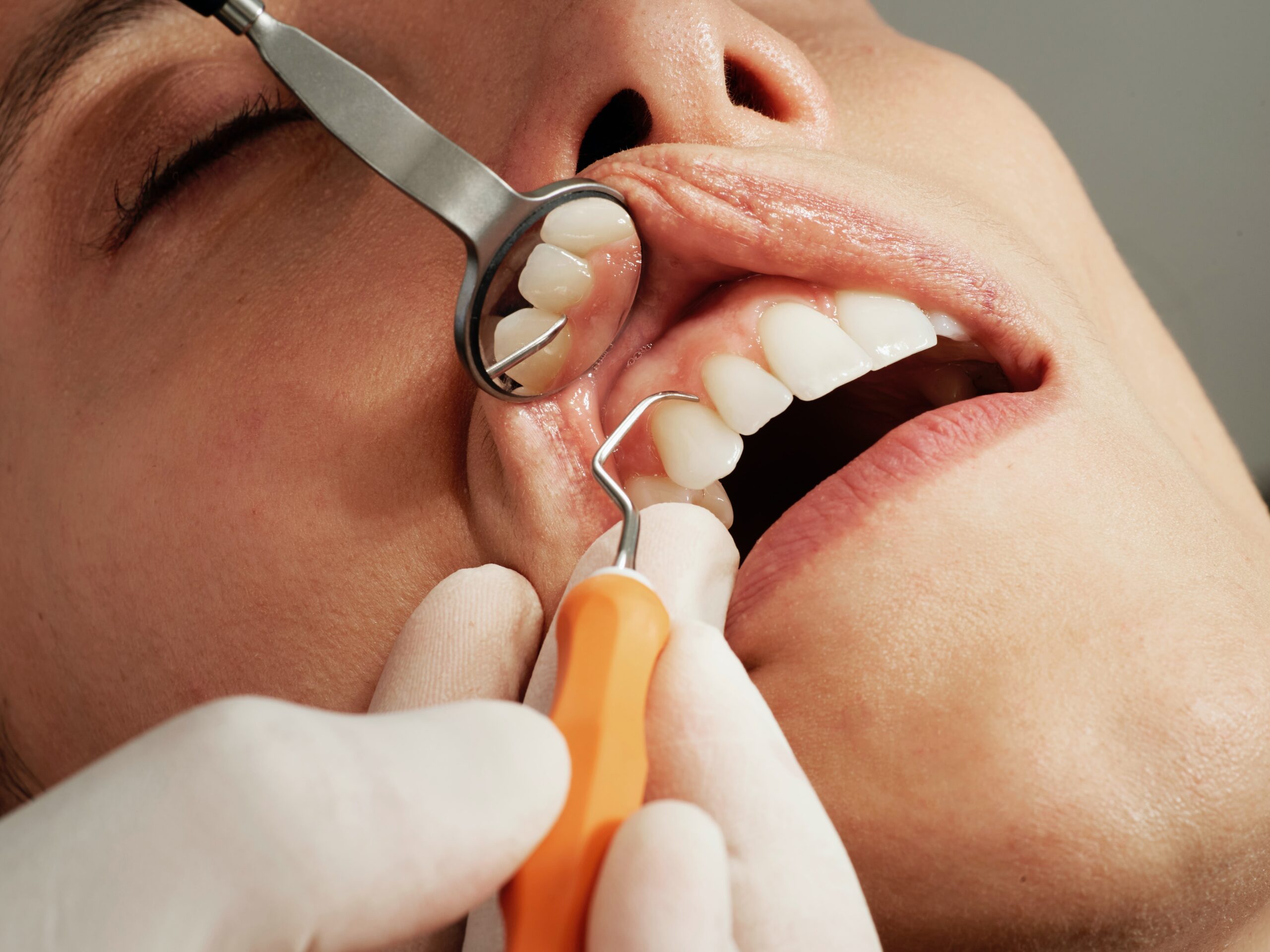You’ve just spent a lot of time and money on a dental implant — congratulations! A dental implant is an excellent way to restore your smile and get back to living life as usual. But don’t let that newfound freedom distract you from the importance of proper post-implant care. One of the most important things to keep in mind is that dairy products are best avoided after getting a dental implant. You might think this is an overreaction, but there’s actually good reason for it – read on to learn more about why dairy should be off-limits after getting implants and what other foods you should be avoiding.
What are dental implants?
Dental implants are an artificial tooth root that is placed into your jaw to hold a replacement tooth or bridge. Getting a dental implant is a big decision and it’s important to do your research to make sure it’s the right choice for you. One of the things you should consider before getting dental implants is whether or not you consume dairy products.
While dairy isn’t necessary for everyone, it’s especially important for those who have had surgery or are healing from an injury. Dairy contains calcium and protein, which are both essential for healing. If you’re considering dental implants, you should avoid dairy for at least two weeks after the surgery. This will give your body time to heal and reduce the risk of infection.
The link between dairy and dental implants
It may seem counterintuitive, but dairy can actually be detrimental to your dental implants. So why no dairy after dental implant? Dairy products are high in calcium, which can lead to increased implant failure and complications. While you may need to take extra care to avoid certain foods after getting dental implants, it is important to remember that they are a lifetime investment. With proper care and maintenance, your implants should last for many years to come.
Why avoid dairy after getting a dental implant
Dairy products are one of the worst enemies of dental implants. The high levels of calcium and phosphorus in dairy can lead to the formation of tartar on the implant, which can eventually cause it to fail. Additionally, the fat content in dairy can clog the pores in your gums, which can also lead to implant failure.
The Best Toothbrush for Braces
If you have braces, it’s important to choose a toothbrush that will be gentle on your teeth and gums. There are a few things to consider when choosing the Best Toothbrush for Braces, such as the type of bristles and the handle.
The type of bristles is important because you want to avoid anything that could scratch or damage your braces. Soft bristles are the best choice, and you may also want to look for a toothbrush with rounded bristles. The handle is also important because you want something that is comfortable to hold and won’t slip out of your hand easily.
Conclusion
All in all, it’s important to understand the potential risks associated with consuming dairy after getting a dental implant and why avoiding it is recommended. Dairy can have some negative implications for your oral health and can even hinder the healing process of your dental implant, so taking extra care to avoid these foods post-surgery will help ensure that you get the best results possible from your treatment.
